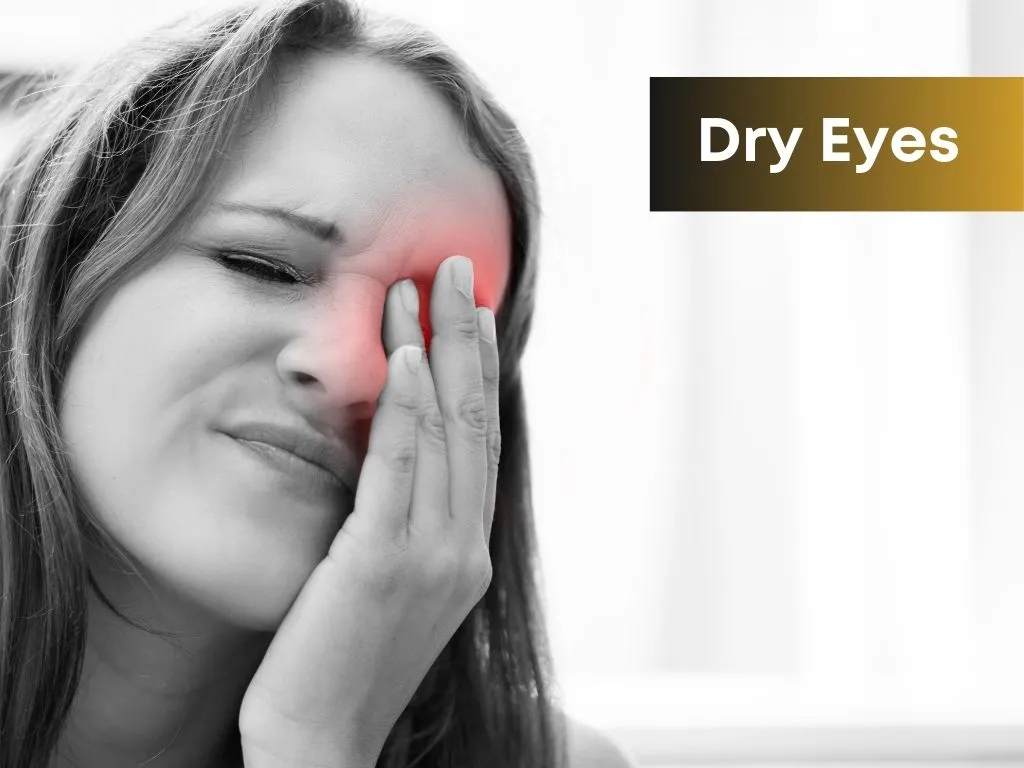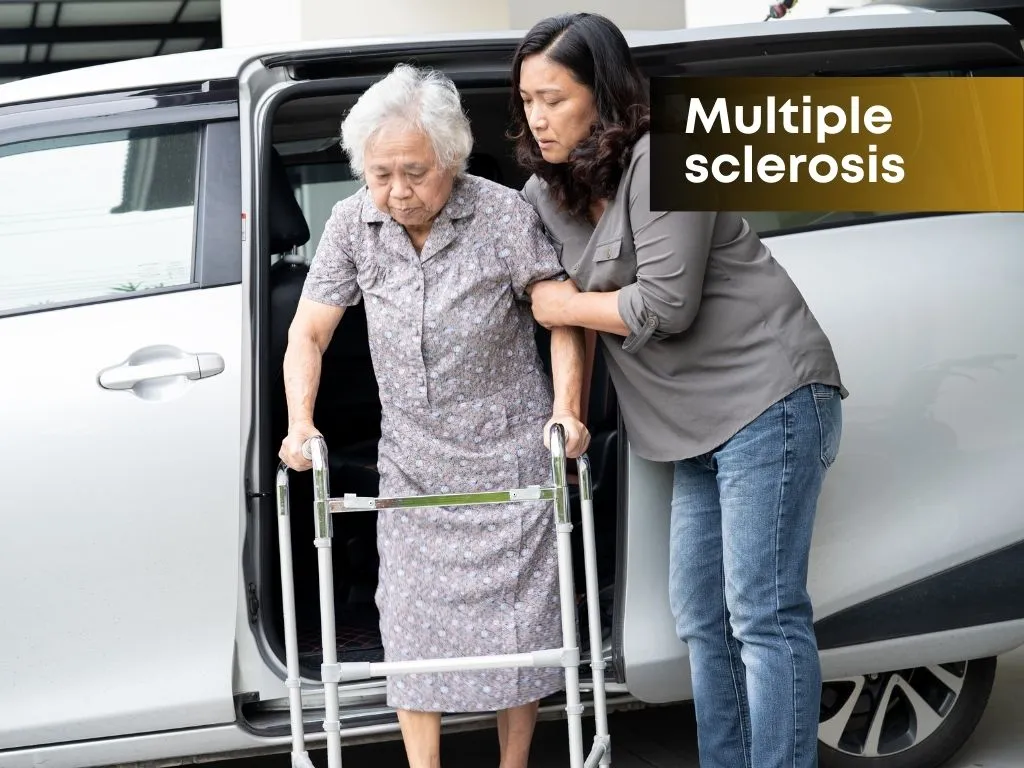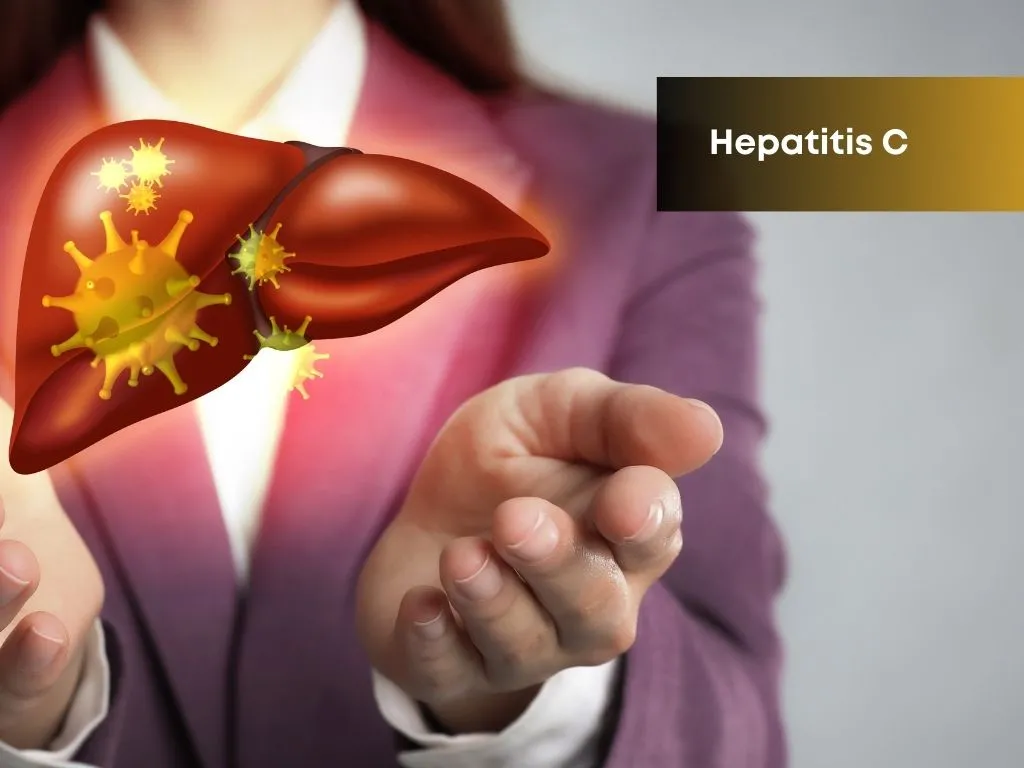Overview
Dry eye syndrome, also known as dry eye disease, is a common condition that occurs when your tears are unable to provide adequate lubrication for your eyes. Tears are essential for maintaining the health of the front surface of the eye and for providing clear vision. Dry eye can result from a lack of tears or from poor tear quality.
Causes
There are several potential causes of dry eye syndrome, including:
AgingEnvironmental factorsMedical conditionsMedicationsEye strainContact lens wearHormonal changesEyelid problems
Symptoms
DrynessBurning or stingingRednessWatery eyesBlurry visionSensitivity to lightEye fatigueFeeling of foreign bodyDifficulty wearing contact lensesDifficulty driving at night
Treatment: Modern Medicine
Artificial tearPrescription eye dropPunctal plugsMedicationsSurgery
Treatment: Traditional Medicine
Warm compressesBlinking exercisesOmega-3 fatty acidsMassage:Aloe vera
Caution
Avoiding environmental triggersLimiting screen timeAvoiding eye irritantsAvoid smoking and secondhand smokeLimit alcohol and caffeine consumption
Prevention
Here are some preventive measures to consider:
Maintain proper eye hygieneStay well-hydratedUse a humidifierFollow a balanced dietProtect your eyes during outdoor activitieManage underlying health conditions
 Nalamaree Team
Nalamaree Team





















.jpg.webp)
